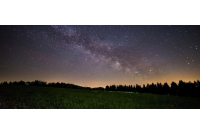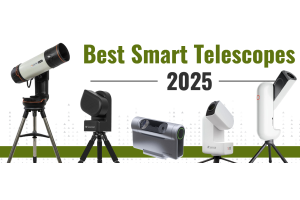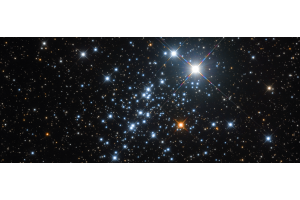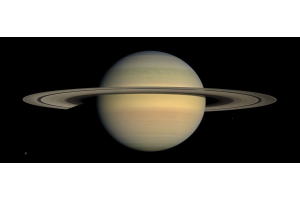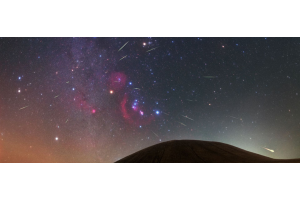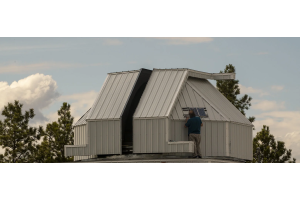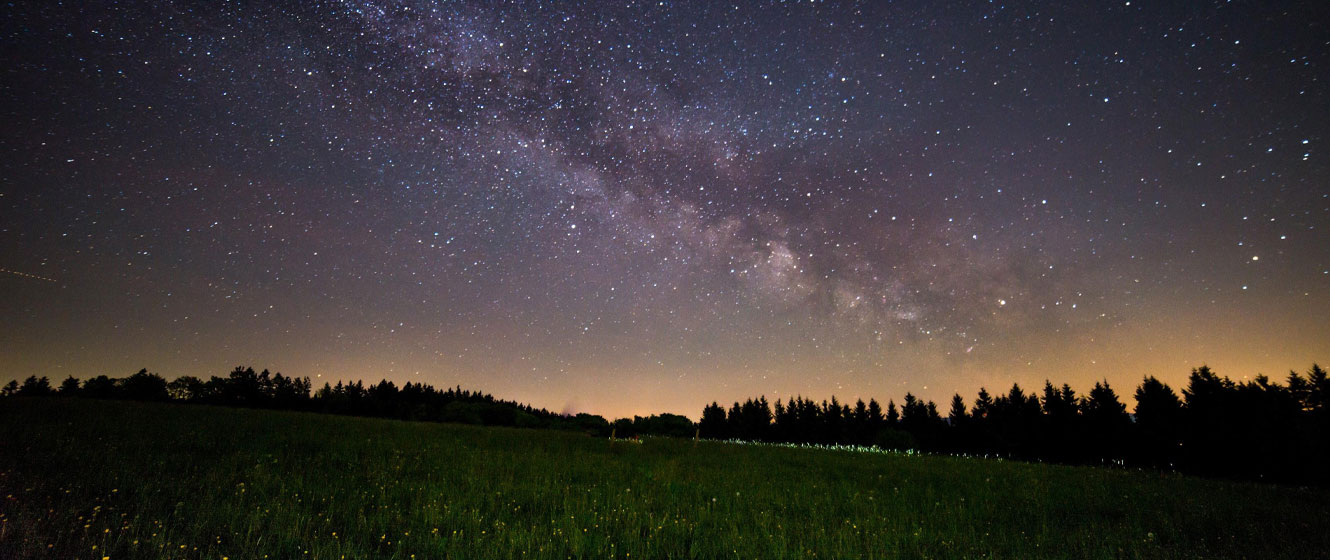
Observatories are home to some of the biggest and most impressive telescopes in the world. As many amateur astronomers know, there are numerous ways to experience the night sky beyond looking through a telescope in your own backyard. Delaware has an observatory with programs that will expand your knowledge of astronomy and your love of the night sky, whether you are new to astronomy or have been in the hobby for years.
For your convenience, we have compiled an alphabetical list of observatories in Delaware that offer programs for the public.
Disclaimer: This information was collected from the observatories’ websites in February 2022. Some information may be subject to change if the websites are updated. If interested in visiting one of the listed observatories, please contact the observatory for the latest information before you visit.
Mt. Cuba Astronomical Observatory
1610 Hillside Mill Rd, Greenville, DE 19807 - Contact: 302-654-6407
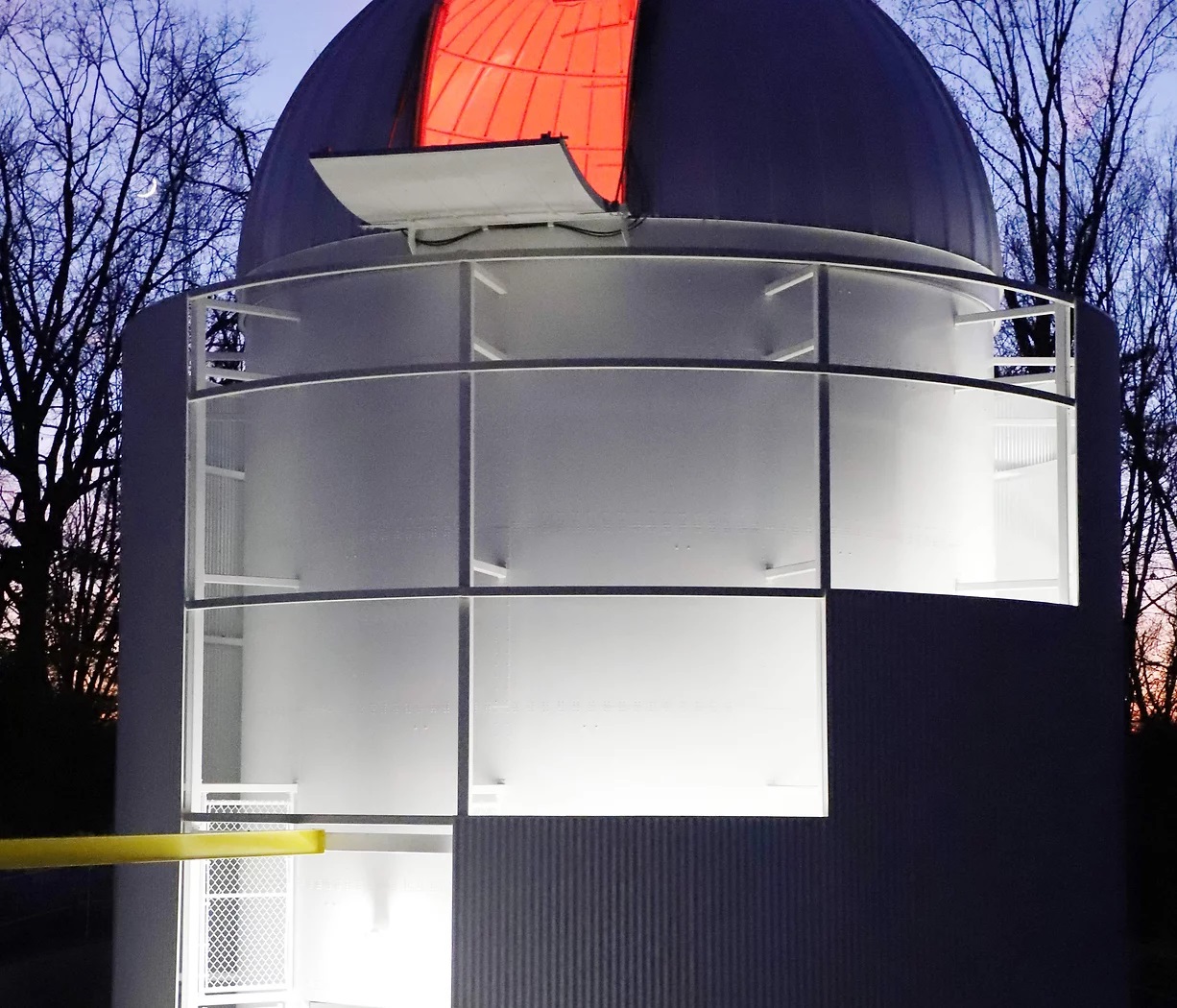
Image Credit: Mount Cuba Astronomical Observatory
Telescopes
The telescopes in the Mt. Cuba Astronomical Observatory are a 0.6m telescope, a 4” Celestron telescope, 2 10” Meade LX200 telescopes, an 11” Celestron telescope, and the WET.
Visiting
As of February 2022, the observatory is closed to the public due to COVID. The observatory is open to the public and members on select Monday nights at 8 pm. These are called Public Nights. This program includes astronomical discussions, planetarium programs, and telescope viewing. Due to the limited seating and parking, admission requires a reservation, and it is limited to adults and students in 5th grade or above. There is a small admission fee to attend.
Family Nights, a separate program, are scheduled from late spring to early fall on Friday nights. They start at 8:30 pm and give families with younger children a chance to see the night sky and learn about astronomy. Reservations and a small admission fee are also required for this event.
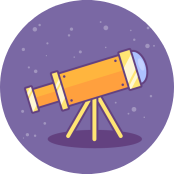
Interested in finding an observatory or planetarium in your state? Check out our Astronomy Hub!
This Article was Last Updated on 08/18/2023





